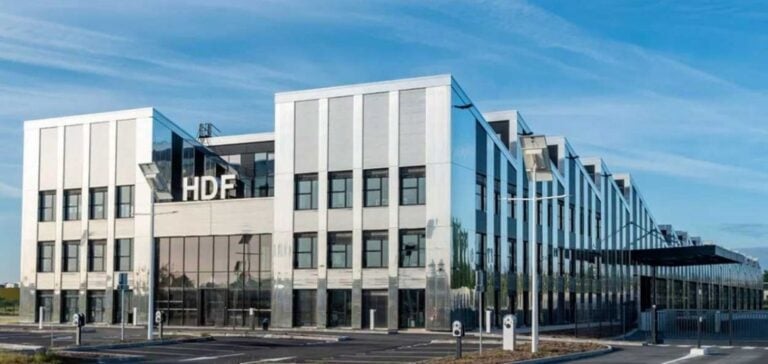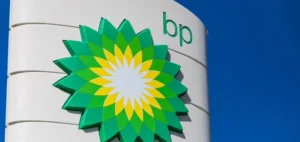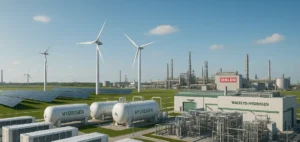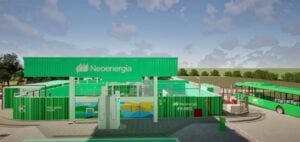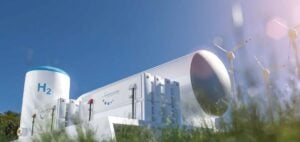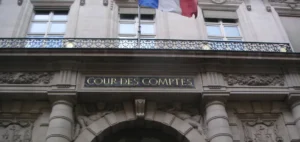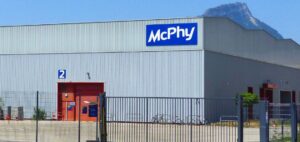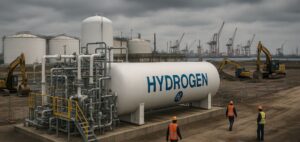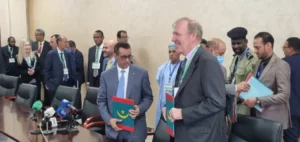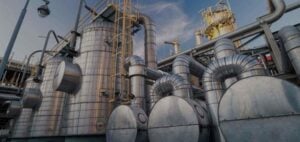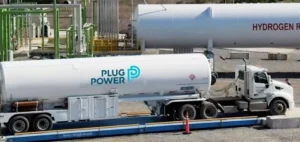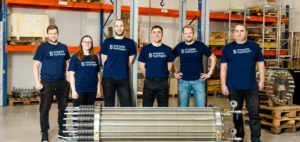Hydrogène de France (HDF Energy), an innovative SME based in Blanquefort, near Bordeaux, recently confirmed receipt of European aid worth up to 172 million euros. This grant is part of the fourth Major Project of Common European Interest (PIIEC, IPCEI in English), which supports emerging sectors and disruptive technologies, particularly those aimed at the energy transition and the move away from fossil fuels. In France, at a time of political instability, the government has reiterated its commitment to accelerating the development of green hydrogen.
HDF Energy inaugurates the world’s first high-power fuel cell plant. These fuel cells, capable of converting hydrogen into electricity, are essential for decarbonizing various industrial and transport sectors. The €172 million grant is intended to support the development and production of these fuel cells, helping to reduce carbon emissions.
Context and impact of European aid
The fourth phase of aid, released on May 28 and totaling 1.4 billion euros, benefits 11 companies in seven European countries. In addition to SMEs such as HDF Energy, beneficiaries include industrial giants such as Airbus, BMW and Michelin, as well as European subsidiaries of the American Air Products group. Since 2022, PIIEC initiatives have allocated 19 billion euros to the development of green hydrogen in Europe, through four successive waves of funding.
The Hy2Move program, which constitutes this fourth wave, follows on from the Hy2Tech, Hy2Use and Hy2Infra initiatives, which respectively supported electrolyzer plants, storage facilities and hydrogen transport infrastructures. These combined efforts aim to position Europe as a world leader in the green hydrogen sector.
HDF Energy Development and Outlook
HDF Energy plans to start mass production of its high-power fuel cells, ranging from 1.5 to 10 MW, as early as 2026, following a pre-series phase in 2025. These batteries will play a crucial role in the decarbonization of heavy transport, particularly for hydrogen-powered freight locomotives and ships, markets estimated at $100 billion. HDF Energy is already working with partners such as Captrain, an SNCF subsidiary, and ABB Marine International to bring these projects to fruition.
By linking its fuel cells to renewable electricity sources such as wind and solar power, HDF Energy also aims to replace older coal- and oil-fired power plants, thereby contributing to the stability and sustainability of Europe’s electricity grids.
HDF Energy’s ambitions don’t stop there. The company plans to increase its direct workforce at Blanquefort from 100 to 500 employees by 2030, marking a significant expansion of its production and innovation capabilities.
The €172 million in European aid represents major recognition and support for HDF Energy, which is positioning itself as a key player in Europe’s energy transition. The company’s current initiatives and strategic collaborations hold great promise for the future of the green hydrogen sector, both economically and environmentally.

